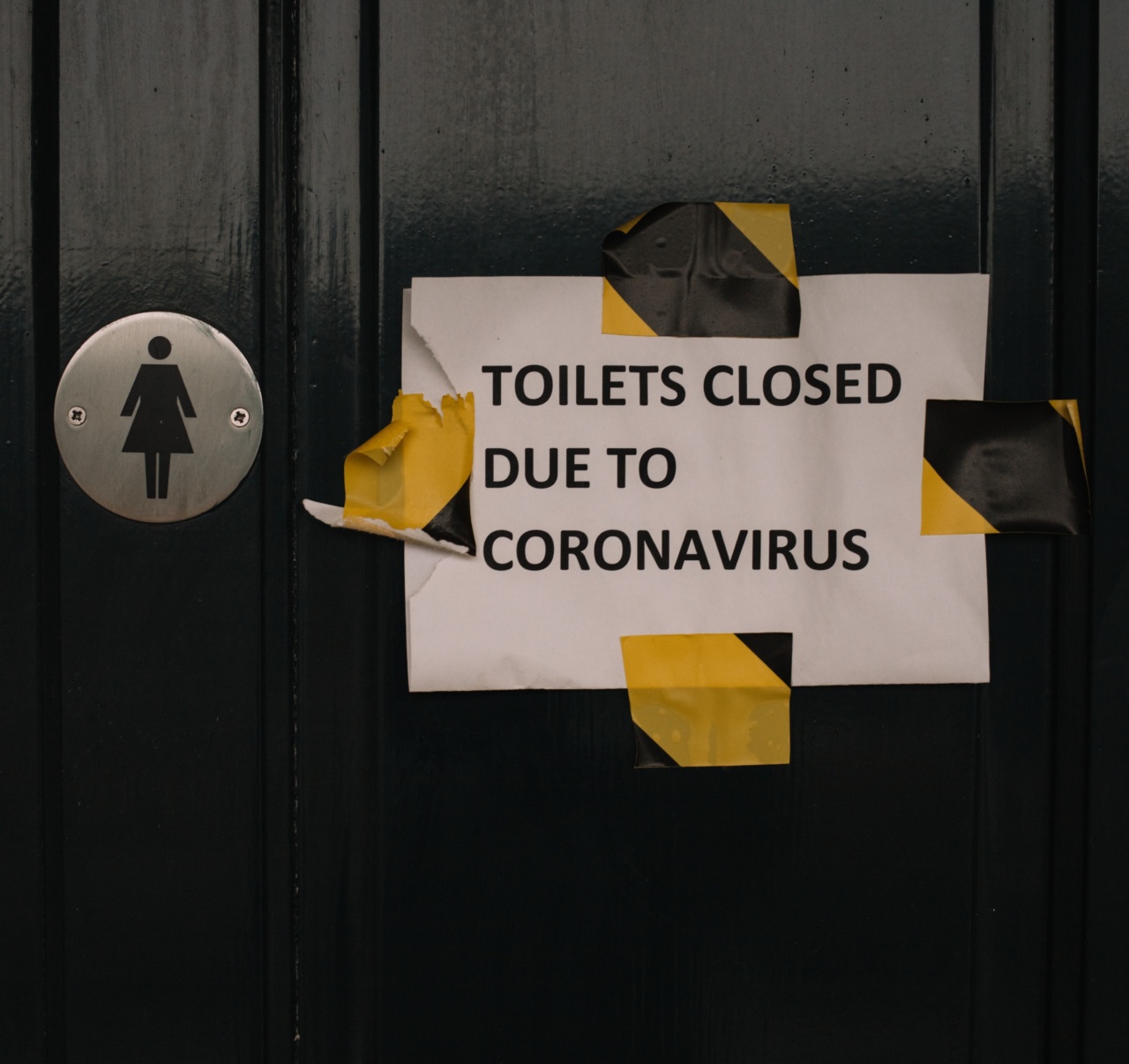Going to the toilet is typically seen as a simple and mundane task. However, what many people don’t realize is that improper toilet habits can pose a range of health risks.
In fact, poor toilet hygiene can lead to serious infections, diseases, and other complications. To prevent these issues, it’s essential to understand best practice when it comes to using the toilet.
The Risks of Poor Toilet Hygiene
One of the most significant dangers of improper toilet habits is that it can lead to the spread of bacteria and viruses.
These harmful pathogens can cause various infections and diseases, including urinary tract infections (UTIs), gastroenteritis, and even hepatitis A. Other risks include:.
- Chronic constipation
- Hemorrhoids
- Anal fissures
- Rectal prolapse
- Colon cancer
Problems with Constipation
Constipation can be a significant issue for people who don’t use toilets properly. When you delay the urge to go to the toilet, it can lead to a buildup of waste in your colon.
Over time, this can cause your colon to stretch and weaken, making it harder to push out waste in the future. Not only is constipation uncomfortable and painful, but it can also cause other digestive issues such as bloating, gas, and indigestion.
The Importance of Proper Wiping Techniques
Another aspect of toilet hygiene that is often undervalued is proper wiping techniques. Wiping the wrong way or not at all can lead to a range of health issues, including anal fissures, hemorrhoids, and rectal prolapse.
To prevent these complications, it’s crucial to wipe from front to back to avoid dragging bacteria from the anal area towards the vagina or urethra. Additionally, using wet wipes or a bidet can help to reduce irritation and reduce the likelihood of infection.
Cleanliness is Key
Cleanliness is crucial when it comes to using the toilet. Failing to clean your hands appropriately after using the toilet increases the risk of spreading harmful bacteria and viruses.
When you flush the toilet, bacteria and viruses can be dispersed into the air, making towels, handles, and other surfaces unsanitary. To prevent the spread of germs, it’s essential to wash your hands vigorously with warm water and soap for at least 20 seconds.
The Importance of Regular Check-Ups
It’s recommended that people have regular check-ups and screenings to ensure that there are no underlying health issues related to their toilet habits.
Colon cancer screening, for example, is essential for people over the age of 50, as it can catch the disease early so that it’s more treatable. Additionally, people who have frequent UTIs or other gastrointestinal problems should speak with their doctor to determine the underlying cause of their symptoms and establish a treatment plan.
Conclusion
Toilet hygiene is an essential aspect of overall health and wellbeing. By practicing proper toilet habits, people can reduce their risk of various health issues, from infections and diseases to digestive complications.
By paying attention to their wiping techniques, washing their hands, and seeking medical attention when necessary, people can maintain healthy toilet habits and keep their bodies healthy overall.




























